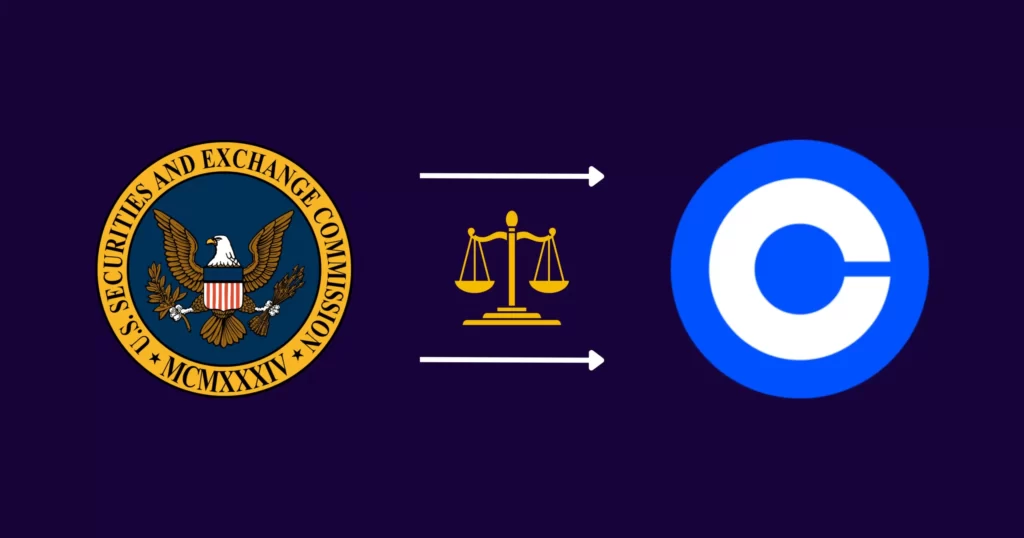According to Coinbase, the SEC’s definition of an investment contract violates U.S. securities regulations.

The U.S. Securities and Exchange Commission exceeded its authority when it classified cryptocurrencies listed on Coinbase as securities, the exchange argued in its final attempt to dismiss a lawsuit filed by the securities regulator.
In an October 24 filing with the New York District Court, Coinbase criticized the SEC, arguing that its definition of what constitutes a security is too broad and that the cryptocurrencies it lists are not subject to the regulator’s oversight.
“The SEC’s authority is limited to securities transactions. Not every parting of capital with a hope of gain qualifies, and trades over Coinbase are only securities transactions if they involve ‘investment contracts.’ The transactions at issue here do not.”
Coinbase asserted that the SEC has engaged in a ““radical expansion of its own authority”” and asserted jurisdiction “over essentially all investment activity,” which only Congress is authorized to do under the significant questions doctrine. In an October 24 X post, Coinbase’s chief legal officer Paul Grewal stated that the SEC’s definitions have “no limiting function at all.”
The @SECGov's opp. to our motion for judgment claims roving authority over all investments, with “security” and “contract” in the statutes performing no limiting function at all. As our reply shows, that's never been the law, and it's not the law now. 1/3 https://t.co/gVFyrJ8oIq
— paulgrewal.eth (@iampaulgrewal) October 24, 2023Coinbase’s recent filing is a response to the SEC’s October 3 rebuttal, in which it urged the court to reject Coinbase’s dismissal motion and reiterated its belief that the cryptocurrencies listed by Coinbase were investment contracts under the Howey test.
The SEC filed a lawsuit against Coinbase on June 6, alleging that the exchange violated U.S. securities laws by listing tokens it considers securities without registering with the regulator.
Coinbase filed a motion for judgment on June 29, alleging that the SEC had abused its authority and violated Coinbase’s right to due process.
The presiding judge, Katherine Polk Failla, may order Coinbase and the SEC to appear in court for oral arguments before rendering a verdict, dismissing the case, or requesting a jury trial.
